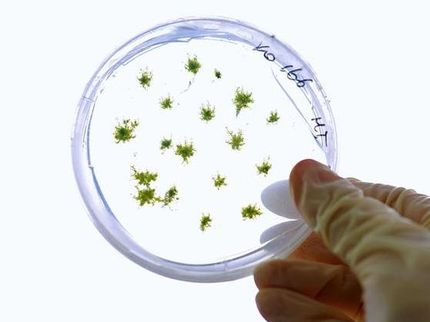Dramatic fall in EU genetically modified organism research, says report
Advertisement
According to a new Joint Research (JRC) report, plant biotechnology research has dropped in the EU by 76% since 1998. The report attributes this fall mainly to the Environment Ministers' decision in 1999 to block any new approvals of genetically modified (GM) products in Europe. "The findings clearly indicate that Europe is likely to become an importer of plant biotechnology rather than a developer," says Simon Barber, Director of the Plant Biotechnology Unit at EuropaBio (1). With EU heads of state and government concerned about boosting research and innovation to build the knowledge economy, these latest figures must be seen as cause for concern.
"Without research, innovation suffers. Europe cannot allow investment in research on plant biotechnology to wither. This is a very significant technology allowing benefits in sustainable agriculture not seen since the Green Revolution," says Simon Barber. "Plant biotechnology must be developed in Europe for EU farmers. This will help increase competitiveness in this area while promoting sustainable agriculture benefiting all EU citizens, and in turn impact favourably on growth and jobs in Europe."
The JRC report shows that the development of innovative products is being displaced to other countries as European small and medium sized enterprises (SMEs) scale down their research and large firms continue their research and commercialisation outside the EU. Just recently, the International Service for the Acquisition of Agri-biotech Applications (ISAAA) reported that the 2002 global acreage of biotechnology crops increased by 12 percent from 2001 and for the sixth consecutive year farmers worldwide adopted biotech crops at a double-digit pace, with 2002 global biotech acreage reaching 58.7 million hectares.
"While the JRC report compares the US and Europe, it must be remembered that the United States is not alone in this developing market," says Simon Barber. "Leading growers according to the ISAAA latest figures are now Argentina, Canada and China."






















































